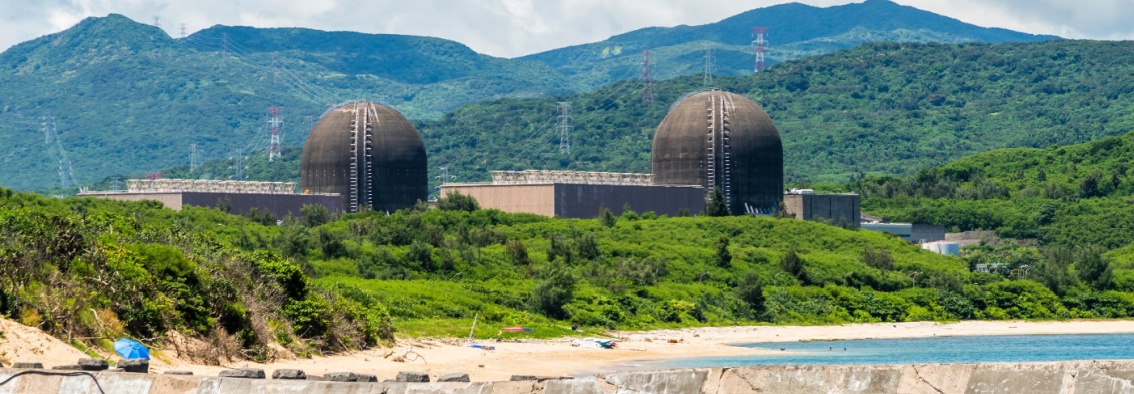Taiwan to restart nuclear power to meet demands (and face the risk of war with China)
Taiwanese lawmakers have reviewed a bill that would open the door to the return of atomic energy. Fears of Chinese invasion have raised concerns about energy security. With the development of artificial intelligence, energy consumption is set to grow by about 13 per cent by the end of the decade.
Taipei (AsiaNews) – Taiwanese lawmakers have reviewed a nuclear energy bill that would restart power plants and bring back atomic energy to the island.
This radical change reflects the need to meet growing demand and adjust energy policies amid regional tensions, primarily the threat of Chinese invasion and annexation.
Nuclear plants previously slated to operate for 40 years will be able to renew or extend their licences for up to 20 years at a time, this according to Han Kuo-yu, president of the Legislative Yuan (parliament).
The review will allow operators to apply for the renewal of a license before or after it expires.
Energy security is crucial for Taiwan. In the past, governments had tried to phase out the nuclear industry, albeit gradually.
More recently, Taiwanese authorities have been forced to cope with the needs of a vital chipmaking industry and an uncomfortable reliance on imported fossil fuel.
Concerns have also increased because of mainland China’s growing pressure on the island, not only because of rising energy demands from the tech industry.
The bill comes just days before the shutdown of the last reactor still operating in Taiwan.
While the halt could not be avoided, today's vote lays the foundations for a reversal that might bring Taiwan in line with a global trend of renewed interest in nuclear energy, seen as an effective, low-carbon solution to meet the world’s energy needs.
For his part, Taiwanese Premier Cho Jung-tai said that his administration will not oppose restarting decommissioned reactors if the law is changed. Nevertheless, he added that it will take at least three and a half years to review safety before a restart, citing state-owned Taipower’s estimate.
In a statement, the government said that it has no immediate plans to extend or restart nuclear plants, after the passage of the bill, because detailed regulations have not yet been formulated.
The use of nuclear energy could reduce Taiwan's dependence on liquefied natural gas imports, which travel by sea and would be vulnerable in the event of a spike in tensions with mainland China, especially if Beijing were to impose a naval blockade.
Nuclear power would also ease fears about future energy security, given that energy consumption is slated to grow by around 13 per cent by the end of the decade, thanks to the rapid growth of artificial intelligence.
27/03/2023 13:54







.png)










